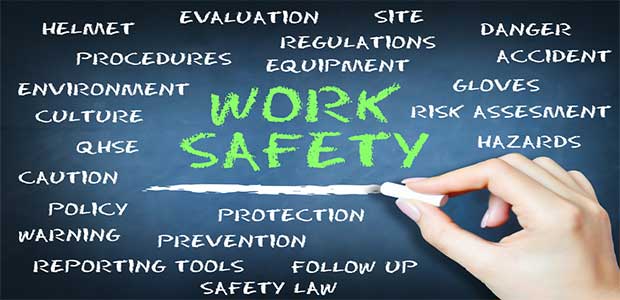
A guide to updated ASTM safety requirements for footwear.

Six steps to turning your safety program into a safety culture.

Appropriate base layers for electrical workers are a useful element in an AR/FR garment system.

Safely managing hazardous materials isn’t just a series of tasks for the crew at the receiving dock to complete.

Dry Eye Syndrome is very common, impacting more than 3 million people per year.

Practical steps to take to improve consistency across locations and reduce workload for your ergonomics site leaders.

New products and systems designed to supplement observations and free up managers to be more efficient.

Electronically non-conductive ladder fall protection system makes working on lightning towers at NASA’s Kennedy Space Center safer and more efficient.

Don’t neglect your feet when choosing safety footwear.

Remarkable indoor air quality case studies and best practices

Steps can be taken to help protect workers’ hearing in a wide variety of industries.

According to OSHA, each year 22 million employees are exposed to hazardous noises at work, making hearing loss the most common work-related injury. It’s time to understand, and consider, the role technology can play in workplace noise monitoring.
A new study notes that workers in the mining and oil and gas industries are more likely to have hearing loss as a result of improper protection.

After a recent Illinois death relating to vaping, the Centers for Disease Control (CDC) is investigating other cases relating to the potential hazards behind e-cigarettes and “vaping” devices.
This award is given to an individual and/or organization who has demonstrated exemplary, industry-leading commitment to worker protection through excellence in the administration of an integrated health and safety management system.